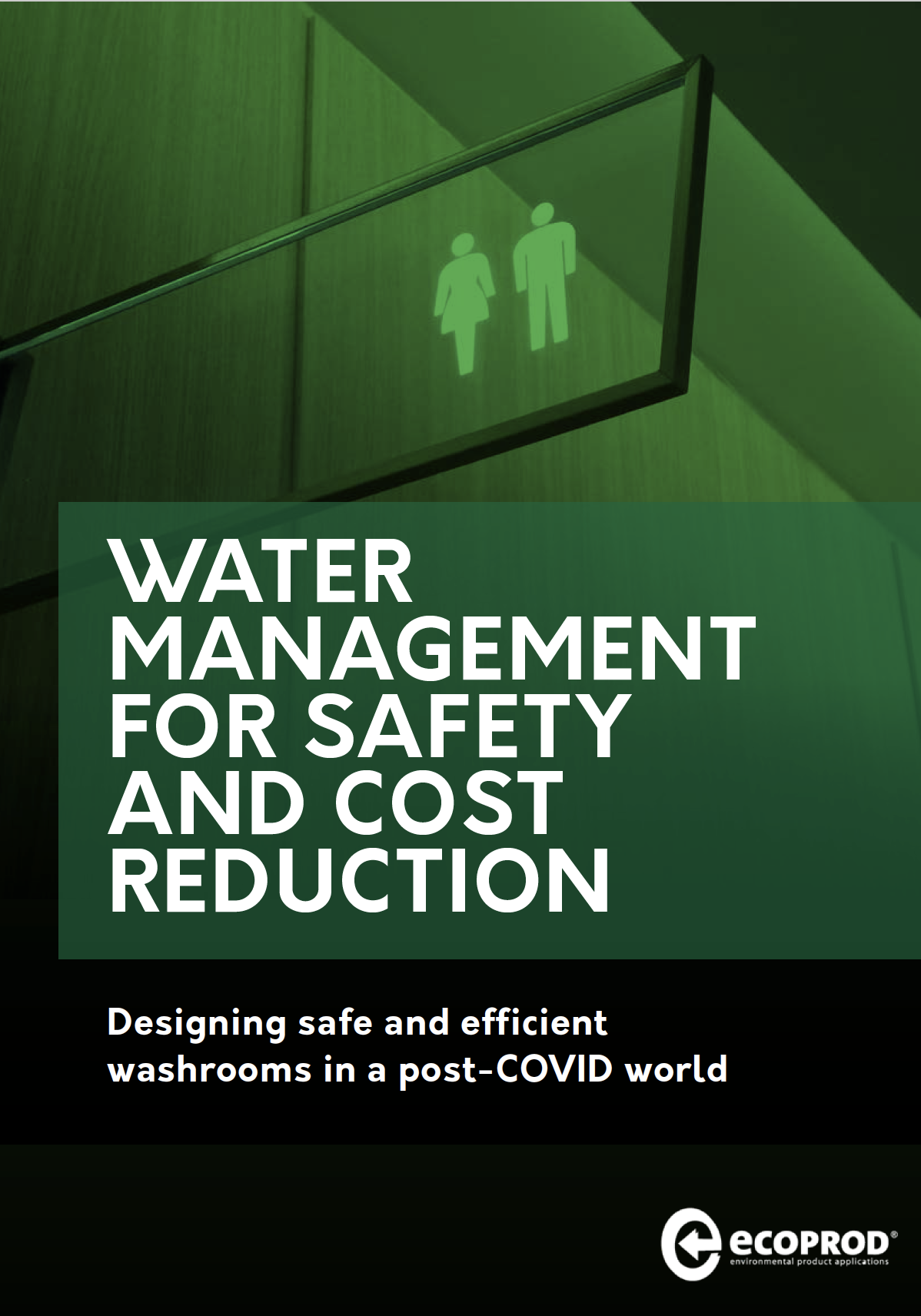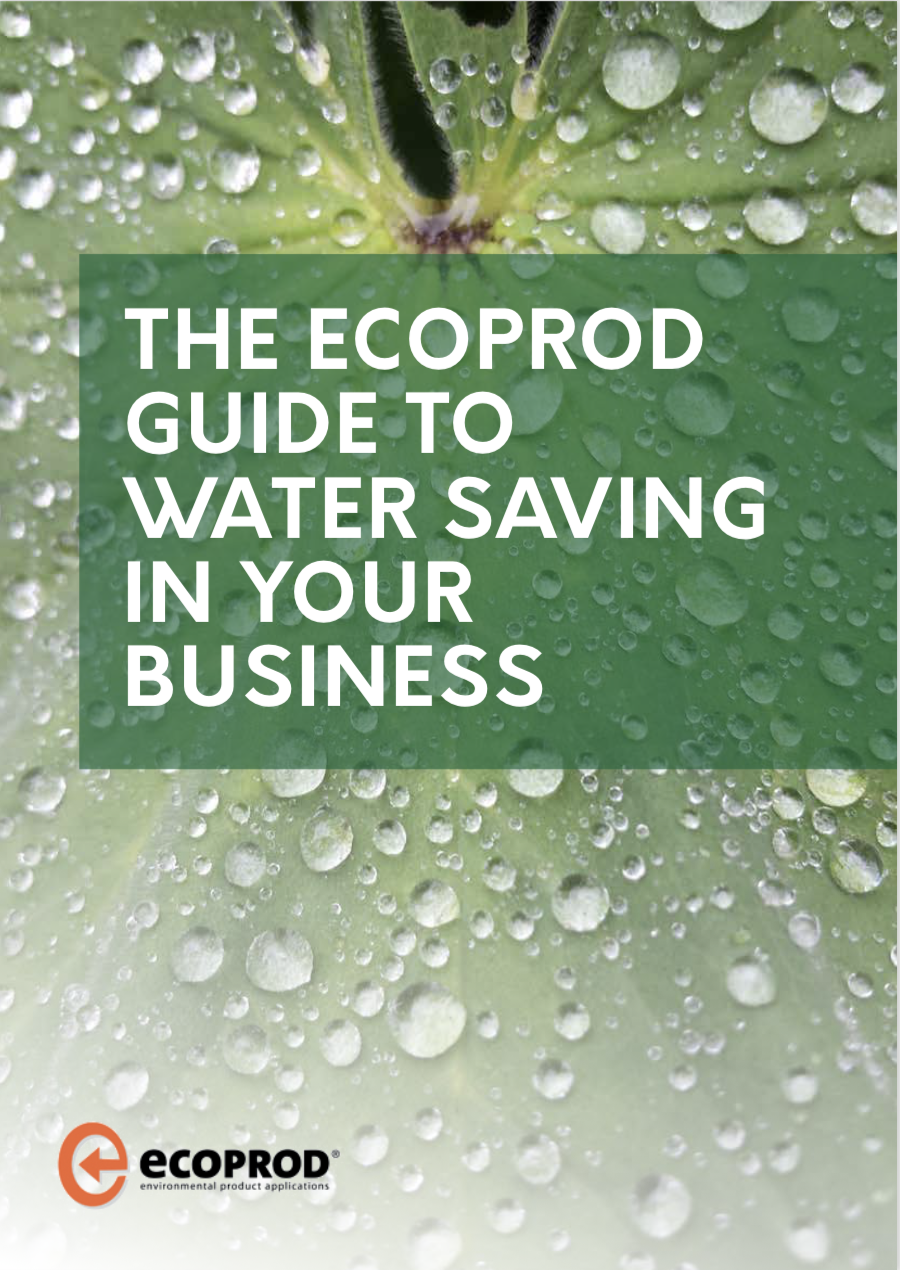Towards the end of 2014 and into early 2015, the team here at Ecoprod became increasingly aware of the “BIM Movement” as I like to call it; primarily through our contact with architects and specifiers, but also other influencers such as M&E consultants and contractors.
Although there was, is and continues to be much discussion around BIM, we quickly realised that we needed to take this change seriously, as it was being driven by a clear mandate from the UK Government in relation to public sector projects from 2016. The government mandate was a deciding factor for us, regardless of what others were saying about BIM, plus subsequently, the May 2015 elections proved that this was unlikely to change, at least until 2020. A lot of specification of products would happen within this period! Change was clearly happening or about to happen in the specification of products and we needed to align ourselves with it or our products were unlikely to be included in live projects.
BIM has become the standard for public and private sector projects
We also realised that this would become the standard for all projects, both public and private sector, as the benefits of BIM are the same, no matter who the end client is or who they are employing. As an importer and distributor we come under the classification of a “Product Manufacturer”. The UK was clearly leading the field globally as a direct result of the UK Government’s mandate. Given the fact that we were representing the leading brands such as URIMAT and miscea within the UK, we decided that if we expected those products to be specified for all types of projects going forward, and not just within the UK, we needed to be on the platform before the train arrived!
Therefore, I was tasked with researching “all things BIM” and given a target of being “BIM ready” for all the main products before the end of 2015. This included both the creation of BIM objects, the datasets that go along with them and the hosting of these for public and professional use. Having researched a number of options it became clear that RIBA NBS were leading the field with their BIM Standard and appeared to be the most closely aligned with what the government was trying to achieve. This was an easy decision for me as I had already worked with RIBA NBS for the inclusion of our products in the RIBA Product Selector, NBS Plus and NBS Create. This may have been why the BIM project was delegated to me too!
NBS products work well for manufacturers and end users
I liked the way NBS products worked together not only for us as a manufacturer, but more importantly for the end user. This included the plugins for software platforms so that specifiers and designers didn’t have to exit their design software to find and include our products. Also, they weren’t just selling me a product for the sake of a sale, as they were somewhat impartial in their following of the government’s objective and their BIM standard is widely being adopted globally. The development of the free-to-use NBS National BIM Library and the BETA and then final release version of the BIM Toolkit that came along during 2015, showed that they were committed to a movement and change that was bigger than RIBA themselves.
The other deciding factor was that because NBS were setting the standard, they also knew how products should be represented to meet that standard. I didn’t have time to oversee the creation of objects and datasets that met what architects and specifiers where expecting to find. I also wasn’t prepared to entrust someone with creating those objects and datasets if they didn’t know how they should be presented for all to use.
BIM offers so much more than just the initial build project
NBS carried out the bulk of the work including the 2D and 3D representation of the products as objects, but I did need to check and fill in missing data. Because BIM includes data that will go through to the Facilities Management company that manages a building after the initial build project, I was also concerned to include enough data to make their job easier. It could be that O&M manuals become a thing of the past with data, so I wanted to make sure that every necessary detail was included. This is why I am so enthusiastic about BIM. Unlike CAD it is more than just the initial build project. The ongoing life cycle of any product is better managed and the Facilities Management role has got to be far easier.
Ecoprod went live with 30 products in the NBS National BIM Library on 2 December 2015. Initial mission accomplished but the BIM movement doesn’t stop – get on board!
You can download the National BIM Report here.












 For the last 8 years Robert Summer – Head of International Sales and Marketing – has developed structured distribution network worldwide for CONTI+ brand. The products offer great benefit for washrooms and shower rooms for public, semi-public and health sector. Today, sustainability, hygiene and smartness are key to CONTI+ solutions. Robert lives the brand and its USPs and loves to support and motivate his team on a daily basis.
For the last 8 years Robert Summer – Head of International Sales and Marketing – has developed structured distribution network worldwide for CONTI+ brand. The products offer great benefit for washrooms and shower rooms for public, semi-public and health sector. Today, sustainability, hygiene and smartness are key to CONTI+ solutions. Robert lives the brand and its USPs and loves to support and motivate his team on a daily basis.











Comments are closed.